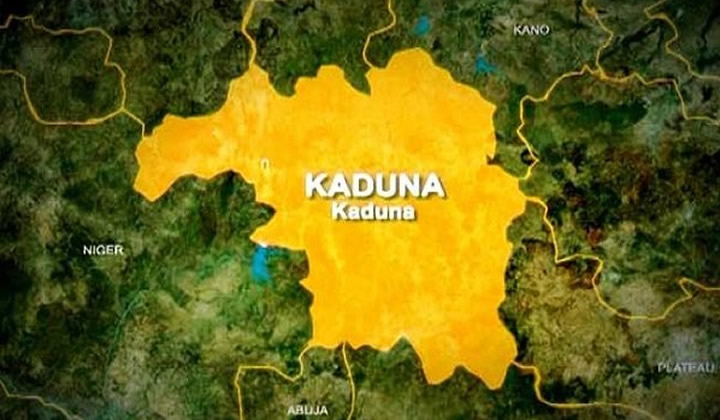Repentant bandits in Kaduna State have pledged to abide by a peace pact recently brokered by the state government, bringing hope to the violence-ravaged communities of Birnin-Gwari, Buruku, and Sabon Birni.
The bandits, who had terrorised the region for over a decade, expressed remorse for their actions and sought forgiveness from the government and affected communities.
They also appealed for support to reintegrate into society and for access to education for their children.
Speaking during a peace dialogue on Saturday, a Fulani elder representing notorious bandit leader, Jan Bross, urged all Fulani leaders nationwide to encourage their people to embrace peace.
“We are grateful for this peace pact and shall continue to pray for its sustainability. We assure Governor Uba Sani and the National Security Adviser, Nuhu Ribadu, that we will adhere to the agreement and work towards peaceful coexistence,” the elder said.
Ibrahim Bokolo, a repentant bandit who relocated to Niger State during the crisis, said he had now returned to Birnin-Gwari and called for understanding from local vigilante groups.
“We appeal to vigilantes to support this peace initiative and discourage any actions that could jeopardise it,” Bokolo said.
Similarly, Muhammadu Lawali, another repentant bandit, described the current peace pact as genuine and different from previous efforts.
“For the first time in years, I can move freely and interact with people. This peace pact has brought hope,” he added.
Suleiman Yes Power, a former bandit, expressed joy at the reopening of the Birnin-Gwari cattle market, which had been closed for 12 years.
“I sold my cow today and pray this peace lasts so the town can thrive again,” he said, showing off proceeds from the sale.
The Kaduna State Government, in collaboration with federal agencies, has set up the Peace Dialogue Group to engage stakeholders and sustain the peace process.
The initiative has already yielded results, including the reopening of the Birnin-Gwari cattle market and increased activity in the grains market.
Our correspondent observed that over 50 trucks loaded with livestock left the cattle market for various parts of the country, signaling a revival of economic activity in the area.
Farmers have also started preparing land for the next planting season, including in previously inaccessible parts of the forest.
“We now see oje another as brothers. The Fulani and Hausa are working together again,” said Malam Mustapha, a farmer in Birnin-Gwari.
The Sarkin Zango of Birnin-Gwari, Hambali Muhammad, said the return of peace has brought relief to the community.
“For over a decade, this market was deserted. Today, it is bustling with life. We are grateful to Almighty Allah and the government,” he said.
The peace pact includes the establishment of a Peace and Reconciliation Committee, comprising government officials, Fulani and Hausa community leaders, and other stakeholders.
The committee meets regularly to address potential conflicts and ensure adherence to the agreement.
The Coordinator of the peace process, Zubairu AbdulRauf, expressed optimism that the model could be replicated in other parts of the country.
“This initiative has shown that dialogue and understanding can resolve even the most complex conflicts,” he said.
